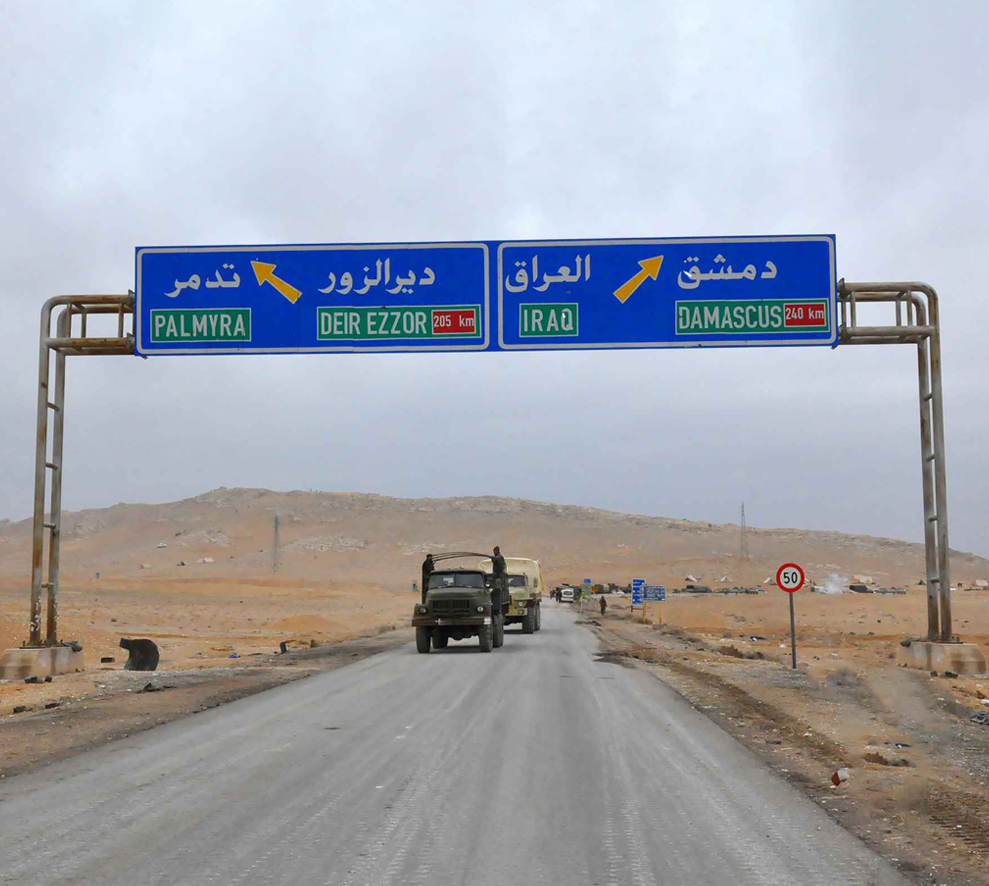Analyses
Politics
test promoted
Palestinian-Israeli conflict
Trump’s Plan: Second Phase Scenarios
Politics
Will the Shifting Orientations of Iraqi Voters Decide the Upcoming Elections?
Politics
The Syrian Situation Between Centralization and Decentralization Options
Palestinian-Israeli conflict
Will “Trump’s Plan” Succeed in Achieving a Ceasefire and Peace?
Filter by:
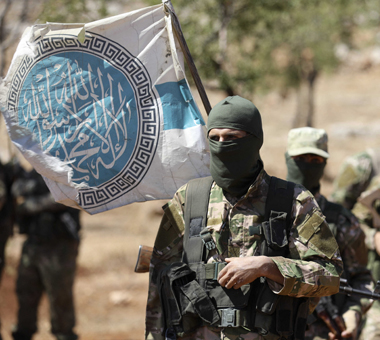
Al-Julani's Statelet
This strategic study examines China's major strategy in imposing its sovereignty on the regional seas, in order to evade the imposed sanction over it by the U.S. security arch in the Pacific ocean. The paper presents answers to questions such as: Would the Chinese strategy be able to break down 125 years of the U.S. domination on the Pacific, and eight decades of absolute hegemony in that area, as such hegemony was recently used to besiege China? What are the dimensions, levels, and motivations of the U.S. besiege on China? Why did the Pacific become the U.S. priority at the onset of this century? Would China be able to break the current international system's rules and entrap the U.S in an investable military confrontation, in order to determine the new international system shape? Does the current Chinese power allow itto dismantle the hydra head-shape alliances in the Pacific? And when would the Chinese be able to take that step?
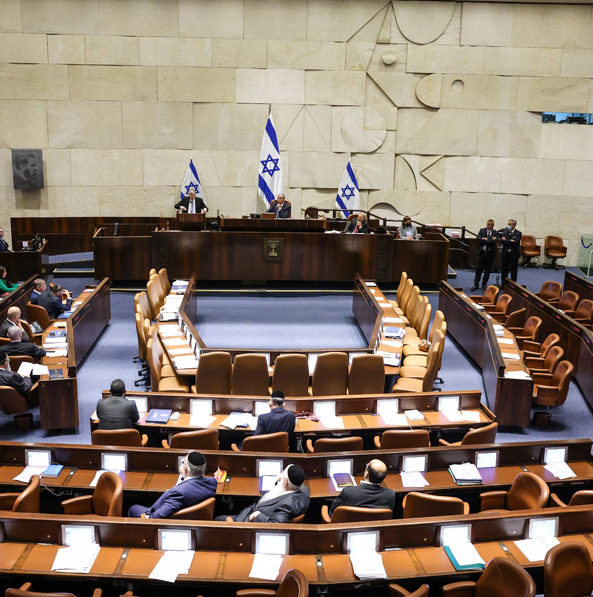
What’s after the Decision to Dissolve Knesset?
This paper addresses the decision of the Israeli Prime Minister, Naftali Bennett's, to dissolute the Israeli Knesset, and head towards early parliamentary elections, after he failed to pass (Extending judicial proceedings in the West Bank) law. This paper also addresses the future of that law in light such situation, the nature of the anticipatory context of that decision, and its main objectives. As well as possible last-minute options for the future of the government coalition in Israel.
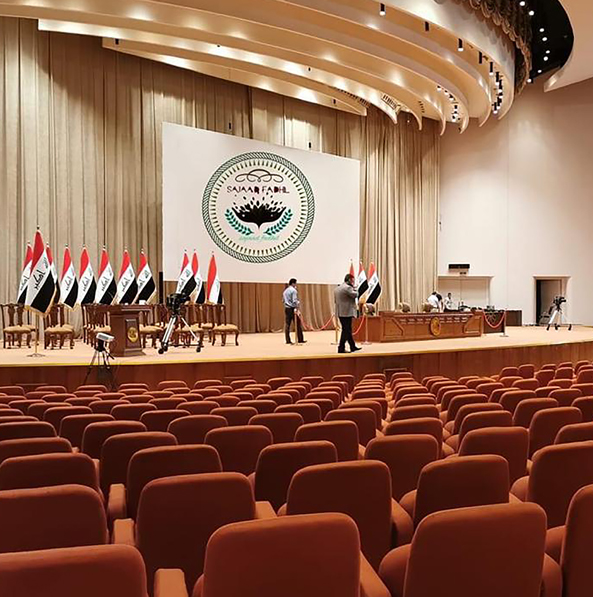
The withdrawal of the Sadrist alliance opens the door to new scenarios
The paper represents a reading of the political scene in Iraq after the resignation of the Sadrist movement's members, and attempts to explain the reasons for this resignation and its merits. It draws future scenarios that the Sadrist movement may resort to for solving the political gridlock in the country
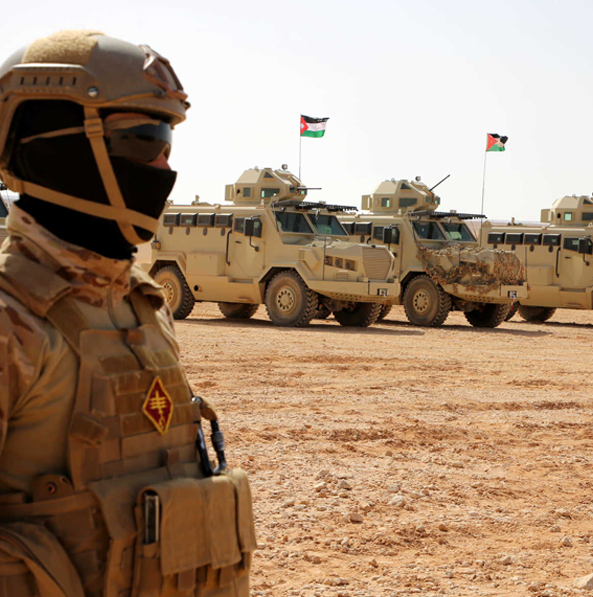
What is new in Jordan's war on drugs?
This paper addresses challenges on Jordan's northern borders, especially in light of talk of a Russian withdrawal, which may strengthen the control of Iranian-backed groups responsible for cross-border drug smuggling.
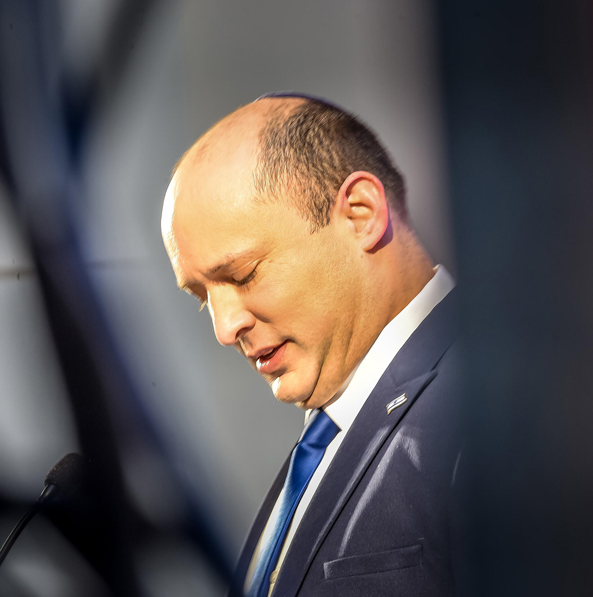
The Government of Impossible Balances: Scenarios and Policies
This paper addresses the scenarios after the Knesset and the left-wing Meretz Party member, Ghaida Zoabi's, resigned from Israel's government coalition, then retracted her resignation, as well as the
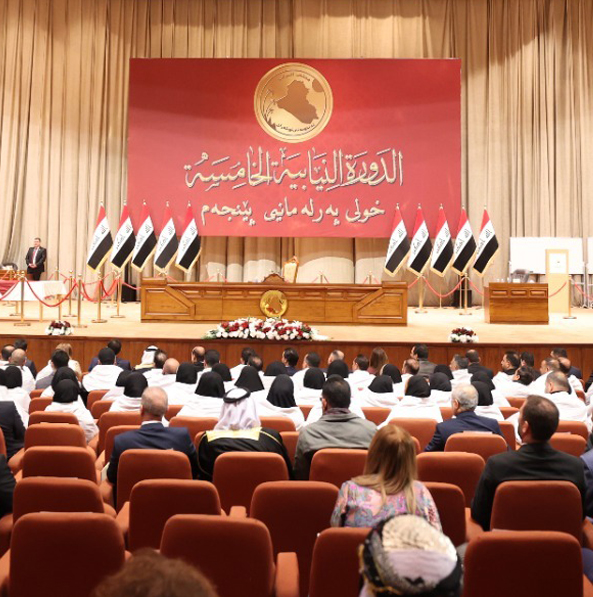
The independents have a hand in the Iraqi government formation crisis
This policy paper presents a reading of the phenomenon of independents candidate in Iraq, with its dimensions, causes, and repercussions on the current political scene, especially in their role as an alternative to traditional forces, and as a third party in the Iraqi government formation crisis.
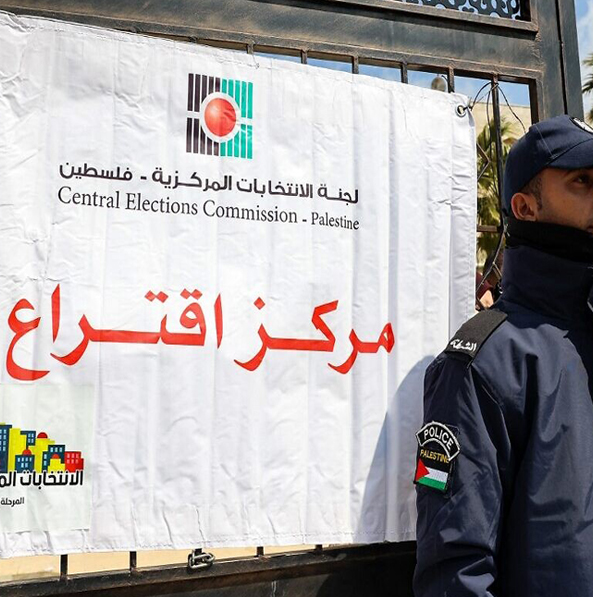
A Detailed Reading in the West Bank Local Elections
This paper tackles the results of the second round in the local Palestinian elections within the West Bank which were held on March 26th 2022. The results attempt to present a detailed reading where they assume that these elections acquire political dimensions in the Palestinian Status and they will have consequences on the future of the political conditions particularly in the West Bank.
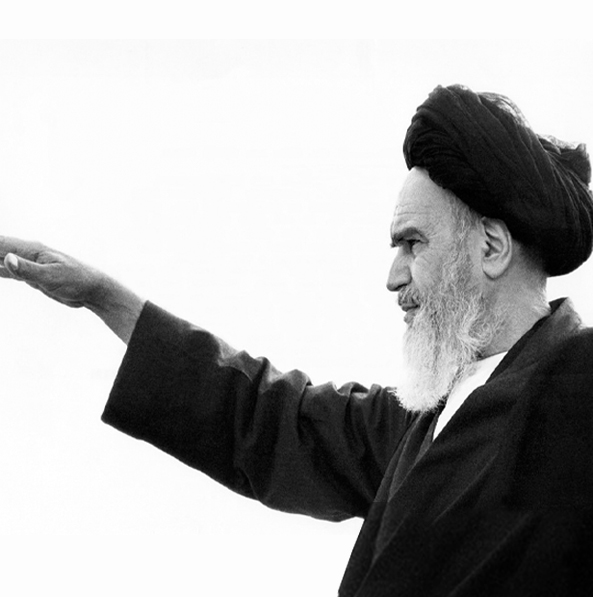
Iran, Recruiting political Shiism, The Problematic Concept, Danger and containment strategies
This paper provides an in-depth reading of the problematic concept "political Shiism", and how Iran employed it after the "Islamic Revolution" in 1979 to implement the "Al-Wali Al-faqih" model throughout the region, in addition to its leader Khomeini's "revolutionary" strategies aiming at dividing societies on sectarian grounds, with purely political demands and goals.

Israel Post-May 10th
The recent large-scale military clash between Palestinian factions in Gaza and Israel marks a milestone in the course of Palestinian-Israeli interactions; for although the realities on the ground have not changed, the repercussions of the recent escalation continue to mount before Israel. The following strategic assessment discusses the interaction of Israel's formal and social structure with vital fronts: the Israeli interior, Jerusalem, the diplomatic environment, and military operations. The paper also includes a possible outlook for these interactions.
